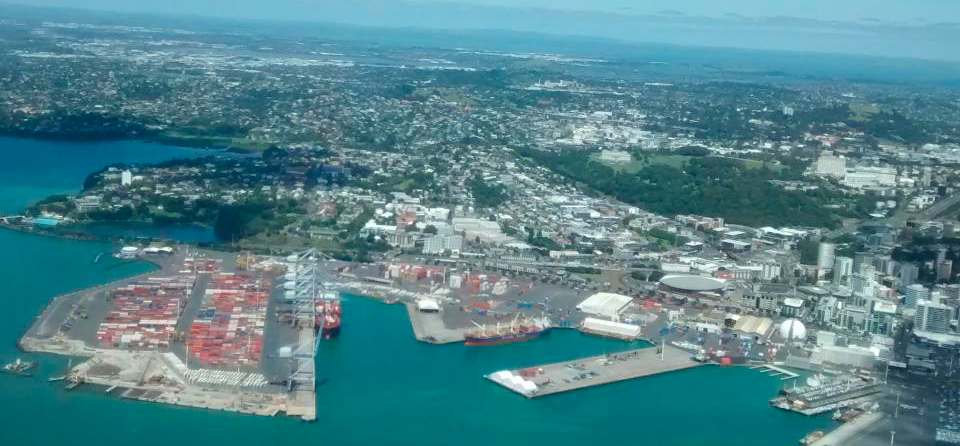Tracey Epps looks at the WTO’s Agreement on Trade Facilitation (ATF), and asks what it will really mean for New Zealand’s exporters.
It is an exporter’s worst nightmare: experiencing customs delays that result in perishable goods rotting on the wharf before they reach their final destination; or facing unexpectedly high customs duties that destroy profit margins.
Even dealing with a lack of information about processes, or having to complete an excessive number of forms, can make exporting far more difficult than it should be.
The new World Trade Organization (WTO) Agreement on Trade Facilitation (ATF), which came into force on 22 February 2017, is designed to address these kinds of problems by standardising and simplifying customs procedures.
The key things that the ATF requires governments to do include:
• Publish information on their customs procedures, including the forms, fees and charges applicable to importation;
• Give traders an opportunity to comment on proposals for new laws or regulations related to the movement, release or clearance of goods, including those in transit;
• Provide, on request, an advance ruling or written decision on the tariff classification or origin of goods prior to importation;
• Facilitate pre-arrival processing and expedited release by permitting traders to submit import documentation prior to arrival of the goods;
• Allow importers to obtain release of goods prior to final determination and payment if there is a delay in determining the duty or other charges payable; and
• Have procedures in place to facilitate the import of perishable goods
The ATF also requires governments to use their best endeavours to do various things, including:
• Simplify or reduce formalities and documentation requirements;
• Have a “single window” for the submission of information and documents;
• Remove the use of pre-shipment inspections in relation to tariff classification and customs valuation;
• Subject to certain exceptions, apply uniform documentation requirements and uniform release and clearance procedures throughout their territories; and
• Develop tailored processes for temporary admission (e.g. goods for display at trade exhibitions), inward processing of goods (e.g. goods returned for repair) and outward processing of goods (e.g. goods sent abroad for repair and re-imported)
What does the ATF mean for New Zealand exporters?
While New Zealand is already largely compliant with the ATF, many countries are not. For exporters, the Agreement’s potential lies in the expectation of reforms in our trading partners that should mean that exporting goods will become easier, take less time to clear Customs, and cost less.
Areas of particular interest are likely to be the provisions on advance rulings, release and clearance of goods, and those related to formalities connected with import, export and transit.
It must be noted that there are special provisions giving more time for certain developing countries and least developed countries to come into compliance. Businesses exporting to these countries will need to clarify in advance what they can expect at the border.
The private sector has an important role to play in ensuring the success of the ATF as they are the ones on the front line actually experiencing the problems caused by non-compliance.
If an exporter is facing ongoing bureaucratic delays and red tape, they should talk to the New Zealand Ministry of Foreign Affairs (www.mfat.govt.nz), or seek legal advice.




